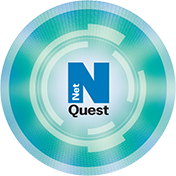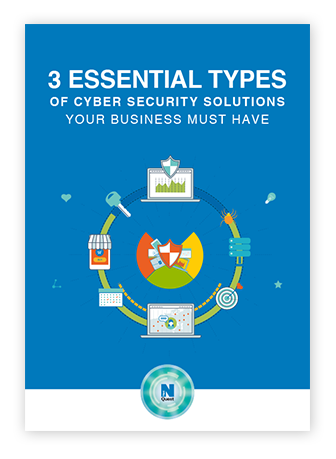If your business belongs in the healthcare industry, you handle patient data. As such, you may have heard of the Health Insurance Portability and Accountability Act (HIPAA). HIPAA is a piece of US legislation that requires organizations that regularly collect, process, and store patient data or protected health information (PHI) to protect it from unlawful and unauthorized disclosure.
Also known as HIPAA-covered entities, these organizations are classified into four groups: health plans, health care clearinghouses, healthcare providers, and their business associates. Governing bodies put a great deal of responsibility on them to comply with HIPAA rules. Noncompliance can lead to hefty fines and even jail time.
What is HIPAA compliance?
Being HIPAA-compliant means that a covered entity provides documentation or proof that it has successfully executed all of the HIPAA rules. Maintaining compliance helps hospitals, practices, ancillary care providers, and other healthcare businesses provide better patient care, ensure patient safety, improve their reputation, and avoid unnecessary financial outcomes.
Knowledge can help keep your business safe from malware and data breaches!
You need solutions that can also adapt to whatever tomorrow has in store. Read this FREE eBook: 3 ESSENTIAL TYPES OF CYBER SECURITY SOLUTIONS and learn everything you need to know to ensure a lasting business security.
HIPAA compliance checklist
The HIPAA compliance checklist has four elements. These procedures are essential to becoming a HIPAA-compliant organization:
- Comprehensive risk assessment
A comprehensive risk assessment is the very first step to achieving HIPAA compliance. It will help you understand how HIPAA applies to your specific practice, facility, or business. It will also identify which elements of HIPAA you are at risk of not complying with by giving you a clearer view of your organization’s weaknesses, potential vulnerabilities, and any gaps in its existing security measures. A risk assessment can be accomplished by conducting regular self-audits, or you can hire an outside party — a consulting agency that can do the assessment for you. - Remediation
After your risk assessment has identified gaps, risks, and other security weaknesses, you have to devise plans to address those issues. There is no one-size-fits-all remediation plan. Just as an organization and its weaknesses can be unique, this strategy has to be unique to your business. Therefore, policies and procedures will vary depending on the rules your organization needs to catch up with, such as the HIPAA Privacy Rule, the HIPAA Security Rule, or the HIPAA Breach Notification Rule. - Monitor, report, and train
There are several HIPAA compliance solutions in the market. Some of these applications offer automated compliance reporting that can identify, track, investigate, and report incidents that violate data security and privacy. HIPAA may also require either administrative, physical, or technical security. All of these can be greatly improved with tools that automate monitoring and reporting. Additionally, human error and negligence are major threats to cybersecurity in general. Therefore, healthcare compliance can only be effective if staff members are trained to become the first line of defense in health data security and privacy. Continual security awareness training is essential to this effort. - Continuous management
Lastly, documentation is necessary to prove that your organization is continually complying with HIPAA regulations. Every year, governing organizations like the Centers for Medicare & Medicaid Services (CMS), the Office of the National Coordinator for Health Information Technology (ONC), and the US Department of Health and Human Services (HHS) audit healthcare providers and their business associates to gauge and ensure the compliance of covered entities.In addition, continually managing and evaluating risk will help keep your organization vigilant and up to compliance standards. This means going through the procedures of risk assessment, remediation, monitoring, reporting, and training on a regular basis.
NetQuest understands the complexities of IT in an increasingly regulated industry. You need to leverage technology in ways that improve efficiency and productivity, all while complying with strict HIPAA regulations. But how can you ensure that your software functions properly, increases efficiency, lowers costs, shortens the billing cycle, and frees up your staff to concentrate on patient care? You need an experienced healthcare technology management partner to guide you. Find out about NetQuest’s services today.
Like This Article?
Sign up below and once a month we'll send you a roundup of our most popular posts



